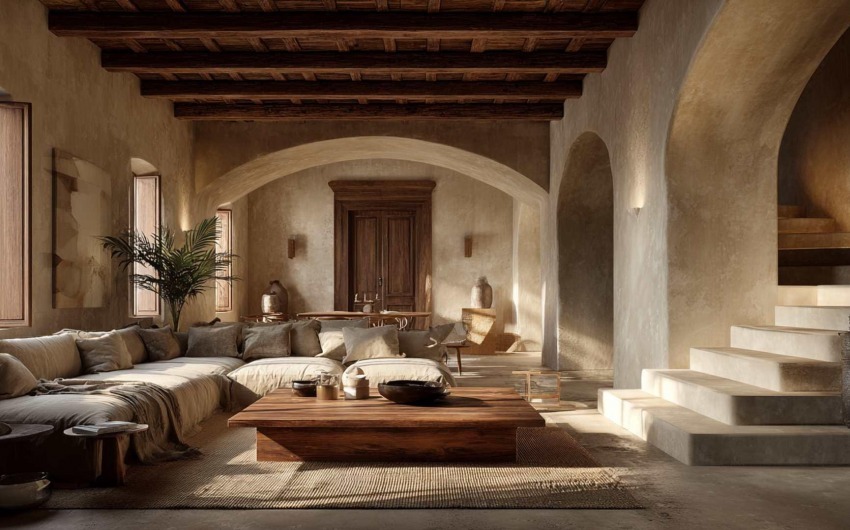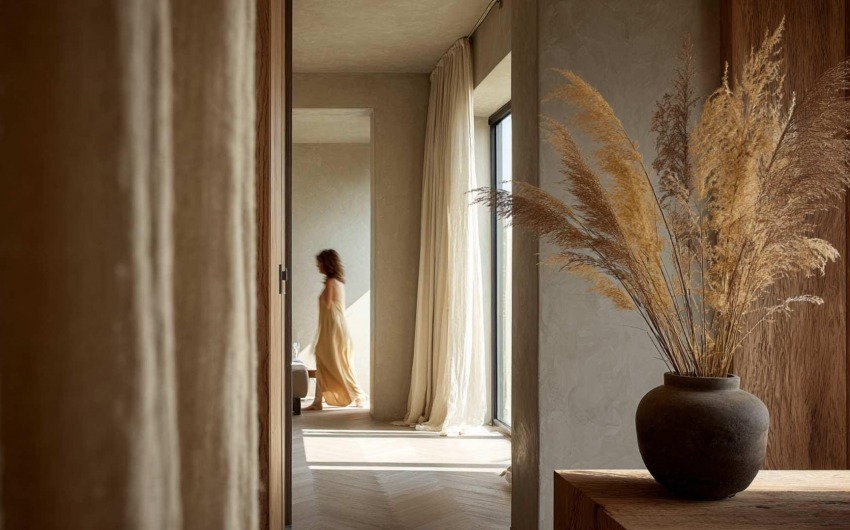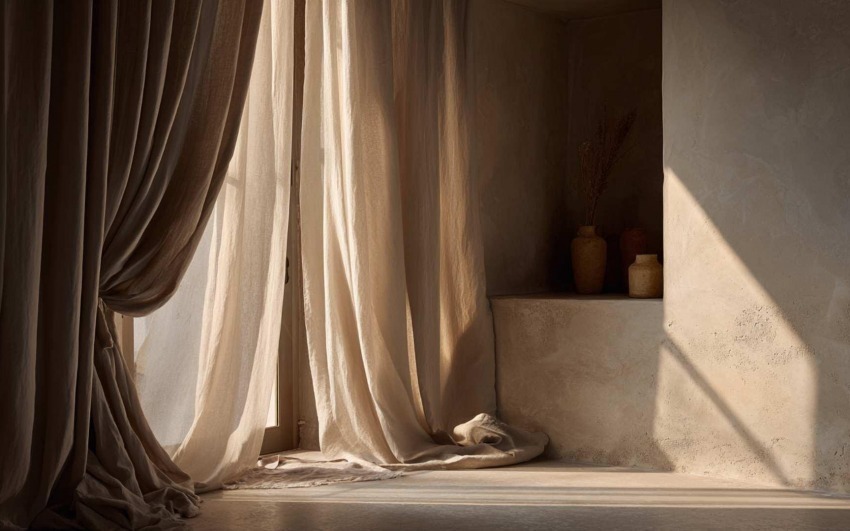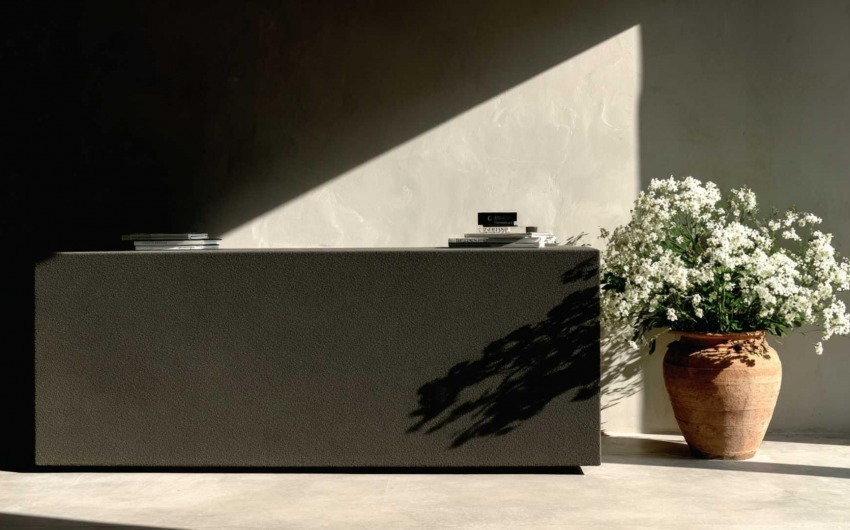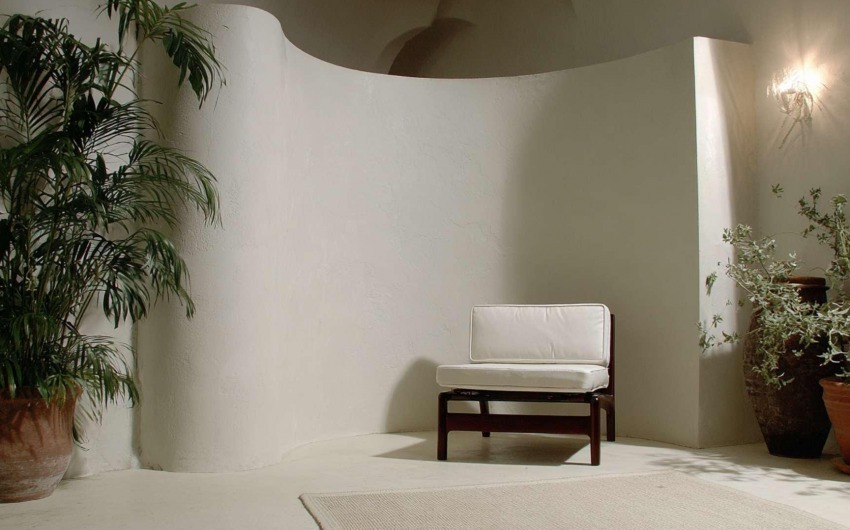6/13/2025
Here are some ideas and tips to help you design the perfect outdoor lounge, tailored to every need and style.
1. Choose the Right (and Weatherproof) Furniture
The heart of any outdoor living room is the outdoor sofa. Choose pieces made of weather-resistant materials like aluminum, teak, synthetic rattan, or waterproof technical fabrics. Complete the look with armchairs, poufs, coffee tables, and perhaps a chaise lounge or hanging chair.
Pro tip: go for removable, washable cushion covers for easy maintenance.
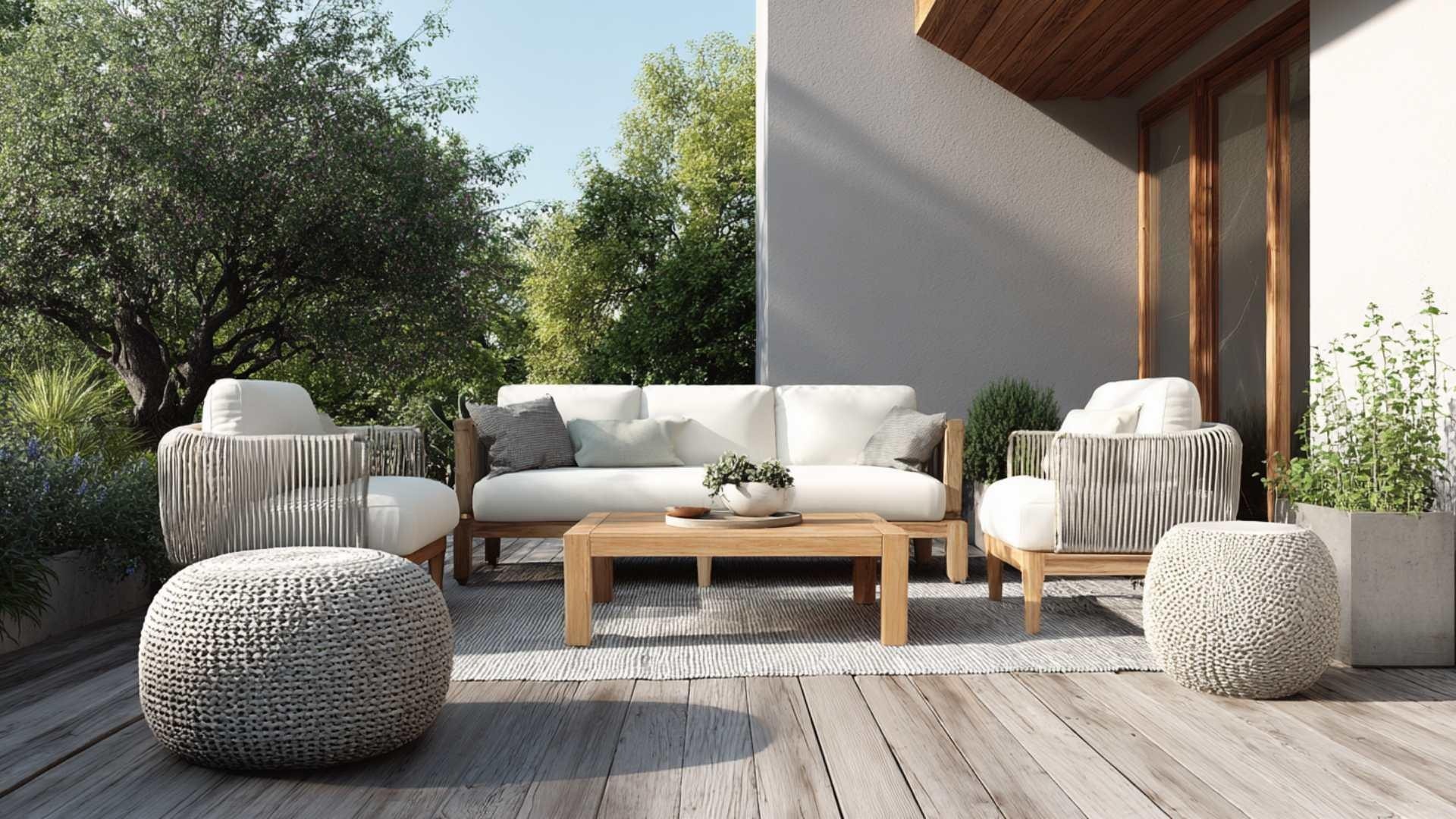
2. Create Distinct Zones: Relaxation, Conversation, Aperitifs
If space allows, define separate functional areas:
A sofa and coffee table area for chatting
A corner with loungers for sunbathing or reading
A small bar or high table for outdoor aperitifs
Dividing the space helps you enjoy each part of the day to the fullest.
_8025b37830_.jpg)
3. Shade Is a Must
Even the most beautiful outdoor lounge needs shade from the sun. Consider:
Wooden pergolas or structures
Shade sails
Designer umbrellas
Adjustable screens or panels
The right shade makes your space more comfortable and protects furniture from direct sun.
_f4f50e5efe_.jpg)
4. Lighting for Summer Evenings
The right lighting creates atmosphere:
Soft LED lights or string lights
Lanterns or portable lamps
Floor or wall spotlights
For a magical touch, choose warm, diffused lights that enhance the space without being harsh.
_55c24de789_.jpg)
5. Decor and Textiles
Just like indoors, it’s the little details that make the difference outdoors. Add:
Outdoor rugs to define areas
Light throws and decorative cushions
Vases, candles, and natural centerpieces
Use textiles to bring color and comfort, picking tones that complement the surrounding greenery.
_f89f2ea565_.jpg)
6. Plants: Not Just a Frame, But the Main Feature
An outdoor lounge without plants is incomplete. Add:
Large pots with olive trees, bamboo, or citrus plants
Aromatic herbs for a sensory touch
Vertical planters to create natural walls
Plants not only enhance the decor—they add freshness and intimacy.
_272b4b6b54_.jpg)
The perfect outdoor lounge is one that reflects your lifestyle and makes you want to step outside every day. With the right furniture, a bit of shade, warm lighting, and thoughtful details, even the simplest space can become an oasis of calm and beauty under the summer sky.
_14077b47db_23.jpg)
Interior Designer since 1985
CEO & Founder, Italian Design in the World
_c49d85500f_642.jpg)
